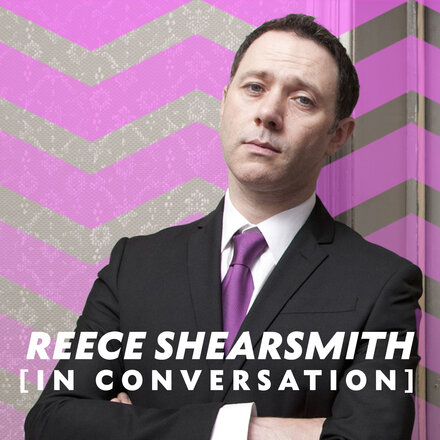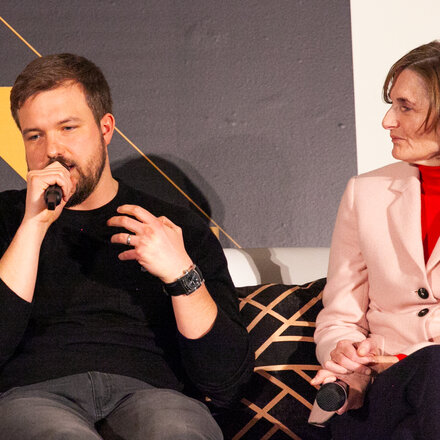
Tim Whitnall: Q&A
The writer of Best Possible Taste: The Kenny Everett Story on the importance of taking criticism on the chin and why pink Post-Its can be the key to finding your story's emotional core.
Published 22 April 2013.
What first inspired you to become a writer?
Writing! A passion for storytelling; creating original characters and intricate plot- lines; putting everyday observations to good use... For me, the desire to write is a constant drumbeat.
How did you break into the industry?
Although I’d been a performer for years, I’d always scribbled away industriously, hoping to get lucky every time I popped a script into a Jiffy-Bag, kissed it for good luck and dispatched it to White City or Los Angeles.
It wasn’t until 2006, when I formed my own theatrical production company, Feather Productions Ltd, as a platform to get my work in front of a living, breathing, paying audience (as well as agents, producers, directors and commissioning editors) that anyone started to sit up and take notice.
Our debut production, The Sociable Plover, was optioned as a feature-film (re-titled The Hide) and released in 2009. Up until that point I’d frequently discovered, to paraphrase Woody Allen, that it could be a ‘dog-doesn’t-return-other-dog’s-phonecall’ business!
How important is networking? Is raw talent enough?
In my view it’s vital to get your work seen, heard, sniffed and rattled by as many people as you possibly can. A positive response from your nearest and dearest may be gratefully received but a cold, dispassionate, objective view from an industry insider is priceless. If your work doesn’t work - they’ll tell you, if it needs work - they’ll help you, and if it does work - who knows, you might just make the Autumn schedules! It’s possible that raw talent may find its own way but there’s certainly nothing wrong with giving it a helping hand.
“It’s vital to get your work seen, heard, sniffed and rattled by as many people as you possibly can.”
What qualities does a writer need to succeed?
Personally speaking, it comes down to:
- A commitment to the process - staying disciplined, staying focused, long nights, caffeine, trying not to buy anything on Ebay, honouring deadlines, the euphoria of purple patches, those injurious brick-walls, learning to spend hours - days - alone, cancelling social engagements at the last minute, knowing when (and why) to take breaks...
- The ability to collaborate - for the good of the piece.
- The ability to take (and respond to) criticism - it makes you a better writer.
- Recognising, expressing and having a quiet self-confidence in your own voice.
- Tenacity - the first draft is never the last!
Which part of writing Best Possible Taste: The Kenny Everett Story did you find the most challenging, and how did you overcome it?
Striking a tonal balance between our lead character’s unashamedly screwball public persona and the tender (albeit unconventional) relationship he shared with his wife was tricky. I had a pink stick-it note on my laptop urging me to channel: The Kenny his original audience want to see, The Kenny a younger audience might be interested in, and in capitals beneath, EMOTIONAL CORE. The latter would prove a dependable tiller through any choppy waters. Additionally, having the suggestions and support of both the BBC and Mammoth Screen was invaluable.
What have you learnt about writing so far that you wish you’d known at the start?
I wish I’d know that one day I’d be nominated for a BAFTA! Actually, there’s a dark truth lurking in my flippancy; when I was trying unsuccessfully to get my work produced, enduring the many slings and arrows (although I didn’t know it at the time) were a formative part of the process - not just in terms of honing the craft and becoming a more rounded writer but also in developing a stronger understanding of the business side of things. It’s a privilege to work in an industry where you never stop learning.
What single piece of advice would you give to someone trying to break into screenwriting and get noticed?
Finish that script! And beg (but don’t steal) or borrow to get it in front of as many people as you can. Oh, and do shorten those stage directions...
Tim Whitnall is nominated in the 2013 BAFTA TV Craft Awards Break-through Talent category for his role as Writer on Best Possible Taste: The Kenny Everett Story.






